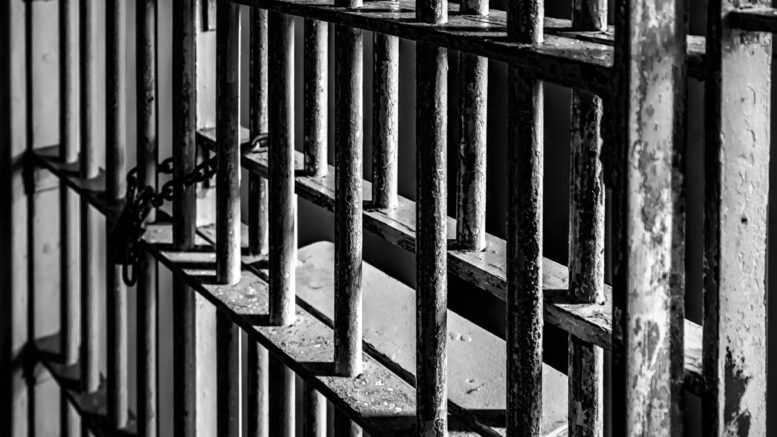OKLAHOMA CITY – State Rep. Lewis Moore today held an interim study before the House Public Health Committee on mental health and substance abuse issues among the state’s prison population.
“A lot of people in our prison system are there for drug- or alcohol-related crimes or because they suffer from some sort of mental health issue that got them into trouble,” said Moore, R-Arcadia. “I want to learn what we can do to help relieve this problem so we can divert these people into appropriate alternative programs where they can get the help they need instead of incarcerating them. This ultimately will save these people, will help them return to their families and the work force and will save the state the high costs of incarceration.”
Moore said he’s seen success in programs such as drug courts and veterans’ courts, which work to address the root causes of people’s addictions or mental health issues and helps keep them out of prison.
“Sending someone to prison is by far the most expensive option we have as a state,” Moore said.
Moore asked Carrie Slatton-Hodges, deputy commissioner of treatment and recovery services for the Oklahoma Department of Mental Health and Substance Abuse Services, to present information to the committee about the scope of the state’s addiction and mental health problems and to suggest ways state lawmakers could help address these problems as an alternative to incarceration.
Slatton-Hodges said people as young as 12 years old are not viewing behaviors such as drinking alcohol, using marijuana or abusing pain pills as risky behavior; this creates addiction and abuse. About 300,000 Oklahomans over the age of 12 meet the requirements for needing substance abuse treatment, yet only a fraction are able to access appropriate services. She said the opioid addiction and overdoses are at crisis levels in the state; methamphetamine use is on the rise, and our state continues to struggle with drug and alcohol addiction.
These factors are primary causes for the state’s skyrocketing incarceration rate, the fragmentation of families, the number of children in foster care and the reduced capabilities in the workforce.
She said these factors also affect the average lifespan of Oklahomans. The average lifespan for a healthy individual is 75.9 years of age, she said. Someone who uses or abuses illegal drugs has a lifespan of 43.2 years of age, and that drops to 40.6 for someone who uses or abuses illegal substances combined with a mental health issue. The town with the lowest life expectancy in the nation is Stilwell, OK, she said, and Oklahoma is ranked No. 49 in one study that looks at healthy lifespan expectations.
Addiction is the most important issue facing our state, Slatton-Hodges said.
Slatton-Hodges did have some good news for the committee.
Treatment works, she said, and at a much lower cost than incarceration. She showed the cost of mental health and substance abuse treatment is about $2,000 compared to drug or mental health court at about $5,000, a single hospital stay at $15,318 or incarceration at up to $23,000.




Be the first to comment on "Interim study examines mental health, substance abuse issues in prison"